Martin Technical, in partnership with PIXO VR, offers state-of-the-art Virtual Reality safety training to individual users or teams with a simulated “hands-on” experience. With advanced gamification techniques, we help trainees perform safer safety training, perform remote validation, experience real-world consequences, and retain more of what they learn. With virtual reality safety training, you can significantly reduce human error and track the completion of tasks and trainee data. In addition, virtual reality also completes the cycle of the three ingredients needed to achieve an effective blended training program.
Request a Quick Quote
Virtual Reality increases student retention and engagement by encompassing all four learning styles:
Students can experience real-world consequences and scenarios otherwise too dangerous or deadly in real-life such as an arc flash explosion or fall from a skyrise building.
With VR training, you can add blended learning to your training curriculum adding flexibility and versatility by using a combination of training methods (online, on-site, webinar…) for a particular course or training.
Our subject matter experts and instructors with Martin Technical can help make the complex simple and hazardous safe by helping you keep up with codes and standards.
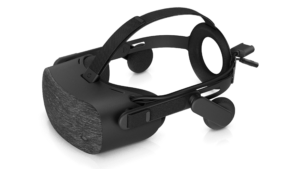
| LET THE EXPERTS GUIDE YOU | SELF ONBOARD WITH READY-TO-GO CONTENT |
|---|---|
|
|
 |
 |
 |
 |
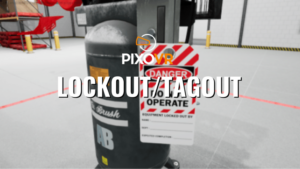 |
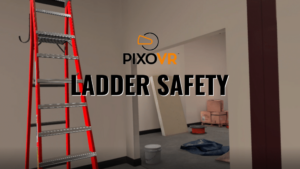 |
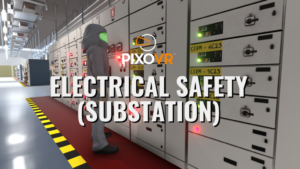 |
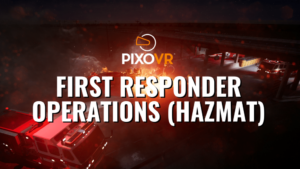 |
As experiential learning, Virtual Reality is delivering out-sized benefits for enterprise training programs, including:
PIXO™ makes Virtual, Augmented, and Mixed Reality technologies easier to use and scale than ever. Easily access, distribute, and manage XR applications across numerous endpoints and thousands of users and devices. Download content directly to headsets for a superior end-user experience for trainees, students, patients, clients, and customers.
Whether your organization uses VR, AR, or MR technology or creates it, PIXO provides a comprehensive XR content solution. Who’s adopting XR technology right now? Short answer, the world.

Virtual Reality Training is the digital simulation of lifelike scenarios for training purposes. Trainees enter a 360°, active learning environment, experiencing sights and sounds that dissolve the barrier between virtual and actual reality. Using the headset and controllers, trainees look, speak, and move about freely in a 3D virtual setting, interacting with simulated real-world tools, machinery, and other trainees and instructors. Critically, with Virtual Reality, workplace scenarios that were once too difficult, expensive, or dangerous to train for, (such as emergency protocols and disaster preparedness, hazardous material spills, realistic heights training, etc.), become vastly more practical, cost-effective, and safe in an immersive simulation. When combined with story narratives and learning curriculum developed by subject matter experts, the result is trainees learning in the best way possible — through personal experience — significantly improving learning retention, job performance, team collaboration, workplace safety, and cost.
The effectiveness of Virtual Reality Training (or any training, for that matter), depends on the quality of the training being offered. Research shows four critical things are needed for any successful training experience, virtual or otherwise: realistic practice, spaced repetitions, contextualized scenarios, and critical feedback. PIXO Virtual Reality Training experiences feature all four.
‘Virtual Reality’ has become something of a catch-all term for Extended Reality, (or “XR” for short), which includes three distinct technologies: Virtual Reality, Augmented Reality, and Mixed Reality.